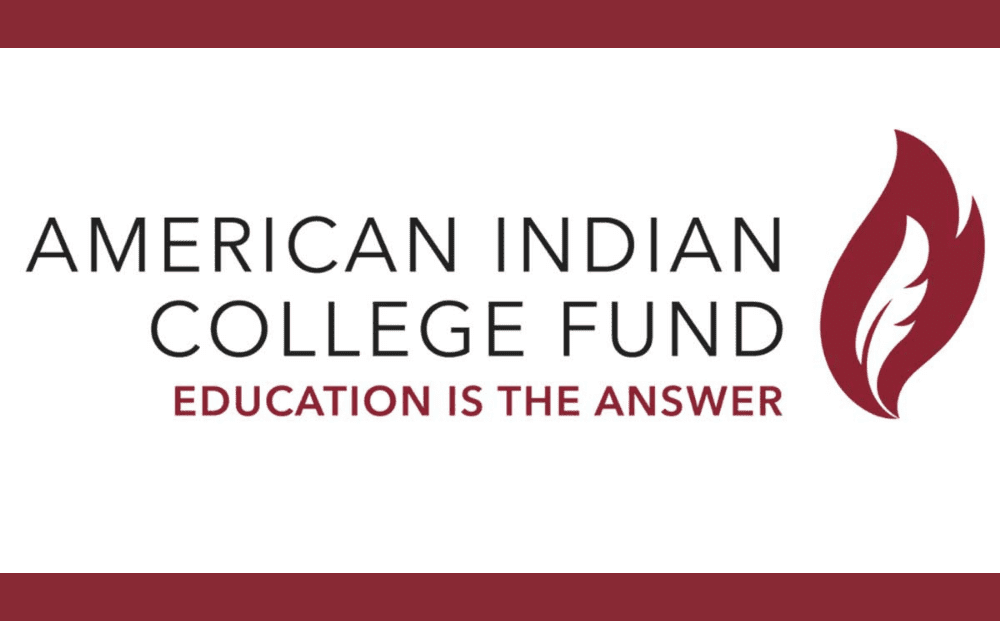American Indian College Fund scholars Samantha Maltais, Tori McConnell, and other Native American college students and alumni weigh in on what mainstream higher education institutions can do to make reparations for taking Native land. Associated Press reporter Philip Marcelo also interviews Cheryl Crazy Bull, President and CEO of the American Indian College Fund, about how the pandemic has exacerbated challenges for Native students to attend college, making it critical that higher education institutions implement policies and create environments to help Native students thrive. Marcelo also speaks with college and university officials nationwide about measures being taken, including tuition assistance and curriculum creation.
Read the full article here.

